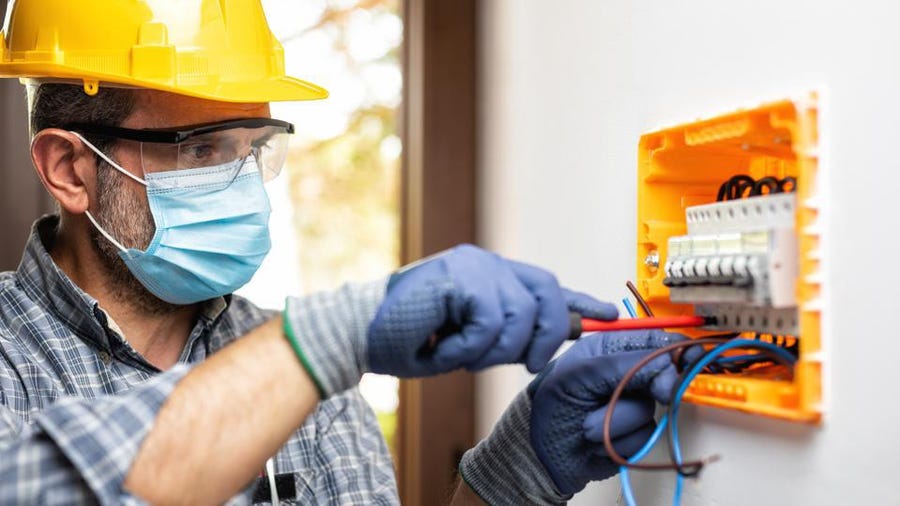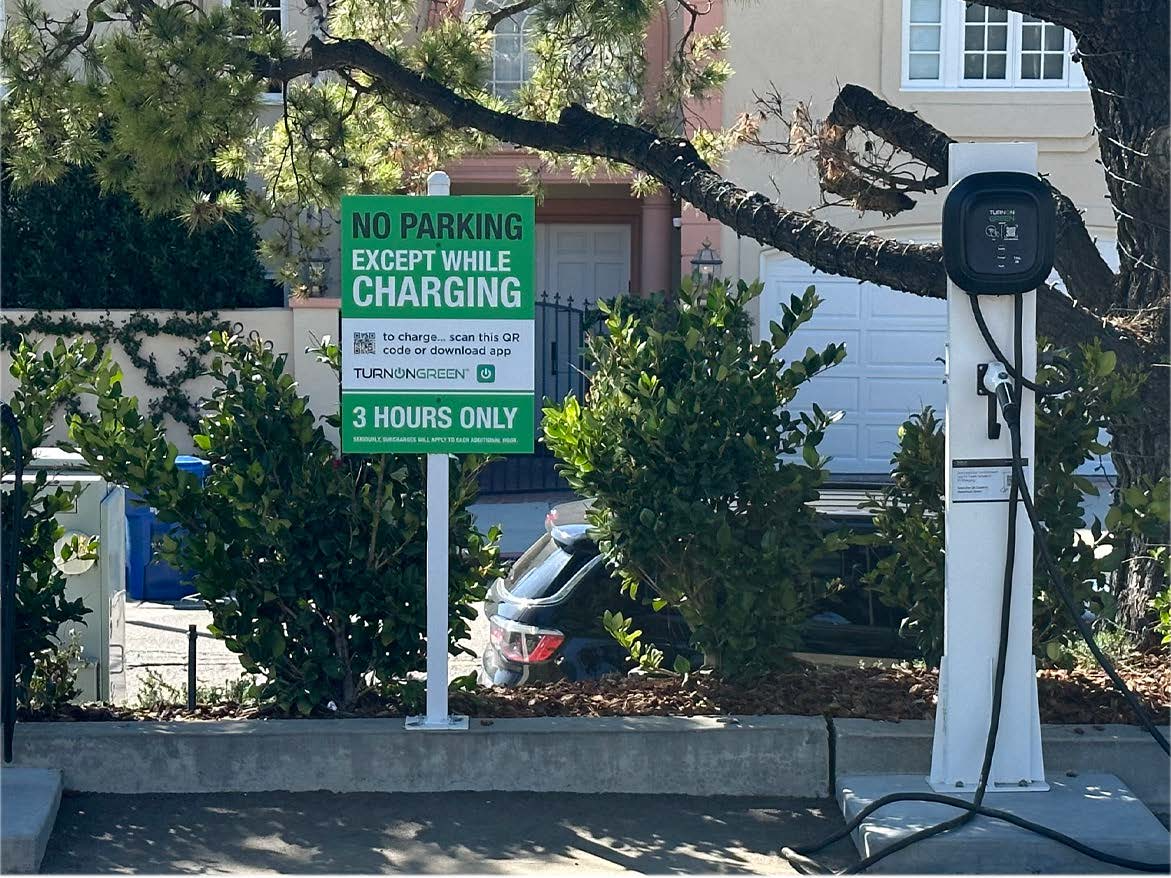Looking for product specs?
If you’re an architect, engineer, or installer seeking precise architectural, engineering, and installation specifications for TurnOnGreen’s cutting-edge electric vehicle charging hardware, visit our Product Resources >>
Prepare for the future of electric mobility with TurnOnGreen’s EV Charging Site Host Tips. This concise guide offers essential insights and recommendations to ensure a seamless and efficient setup for your EV charging infrastructure. Whether you’re a property owner, manager, or installer, these tips will help you get ready to embrace electric vehicle charging technology and provide a hassle-free experience for EV drivers.
Compliance with local fire and building codes is essential to ensure the safety of your EV charging station. This includes proper electrical wiring, safety equipment, and adherence to fire safety standards.
To establish an EV charging station, you must obtain the necessary permits from your local authorities. These permits typically involve detailed plans and specifications for the charging infrastructure. After installation, your station will undergo electrical inspections to ensure it complies with safety standards.
Like residential charging stations, commercial EV charging stations must comply with the Americans with Disabilities Act (ADA). Ensuring that charging stations are accessible to people with disabilities is a regulatory requirement. Learn more >>
You’ll need approval from utility companies to connect your charging station to the grid. This ensures that the station’s electrical demands can be met without causing issues for the local power supply.
Installing EV chargers can be complex and expensive. Choose a qualified and experienced installer who can properly install your EV chargers in compliance with all local codes. Additionally, when budgeting for your EV charging station, you need to factor in the cost of materials, labor, permits, and inspections.
A qualified installer for EV charging projects possesses key attributes such as proper licensing and certification, extensive experience in EV charging installations, a solid track record with references, compliance with local regulations, efficient permit handling, transparent communication, responsiveness, insurance coverage, and the ability to provide clear, detailed contracts.


Prior to the installation of EV chargers, careful consideration should be given to the EV charging policies to be implemented on your premises. Questions to address include whether the chargers will be accessible to the general public or reserved for specific user groups, whether they will be fee-based or offered as a free service, and whether a uniform policy will apply to all chargers or if there will be variations in permissions and pricing. Regardless of the policy you select, it’s crucial to ensure that the signage displayed on your property and communications distributed to employees or residents align precisely with the policies configured.
If you’re an architect, engineer, or installer seeking precise architectural, engineering, and installation specifications for TurnOnGreen’s cutting-edge electric vehicle charging hardware, visit our Product Resources >>